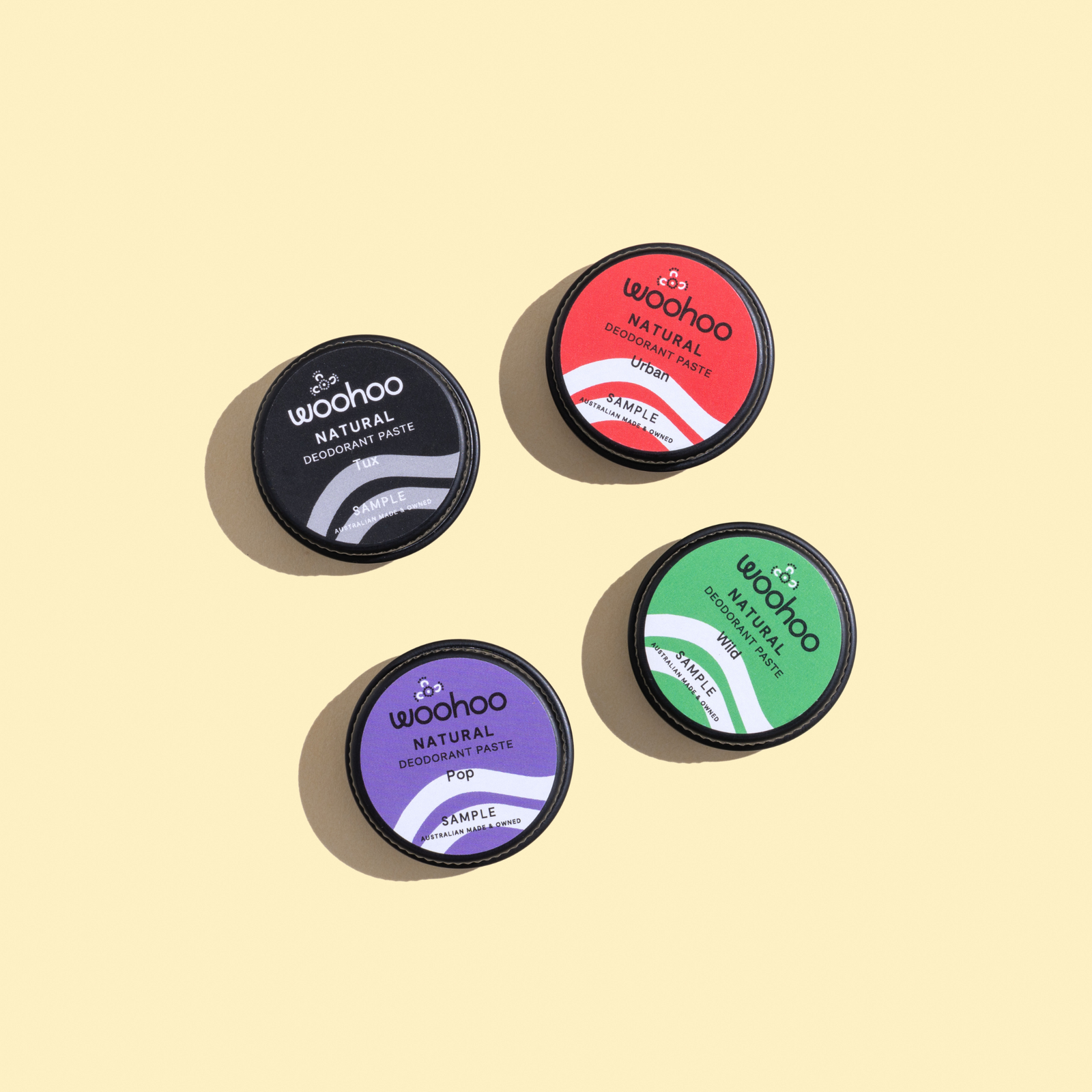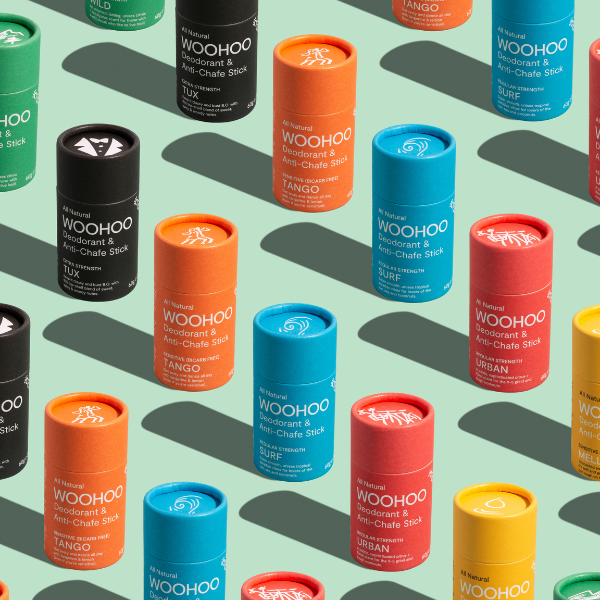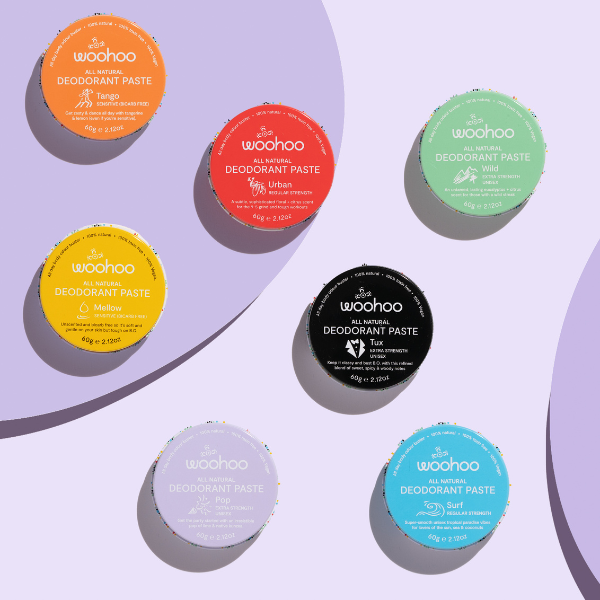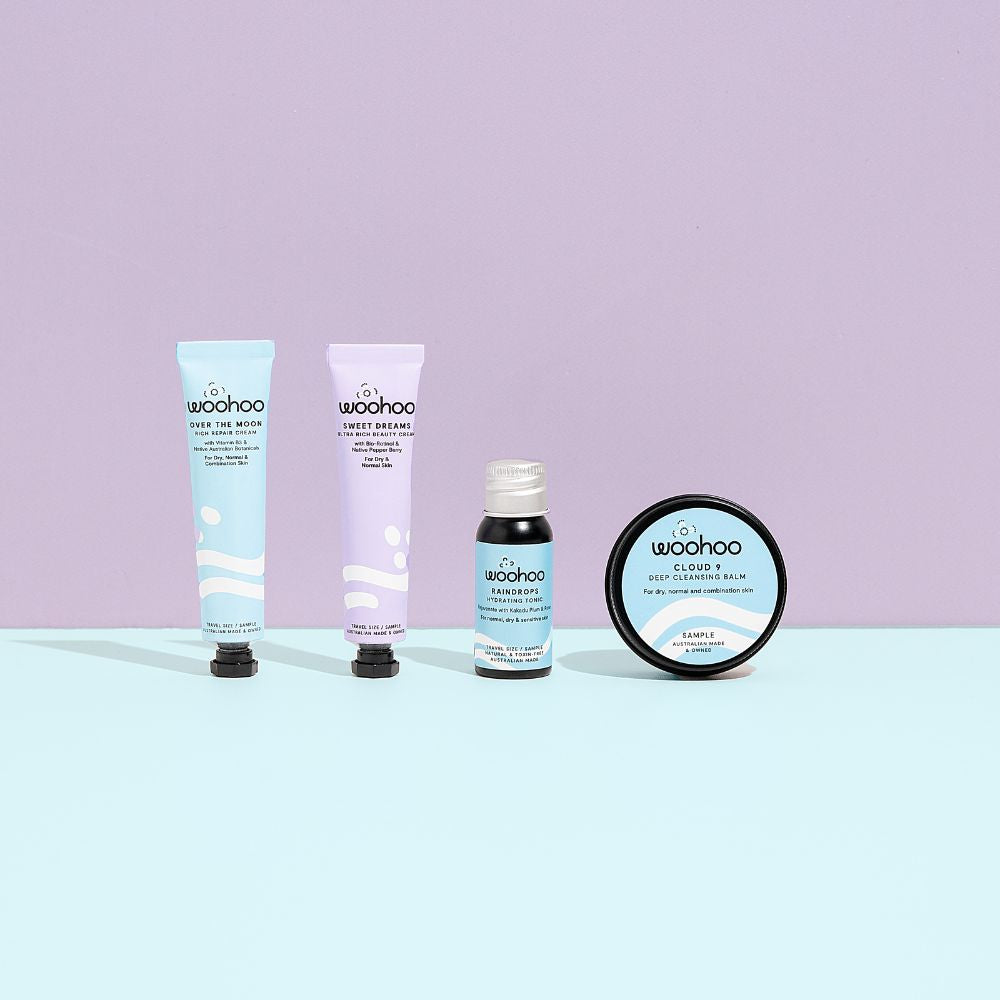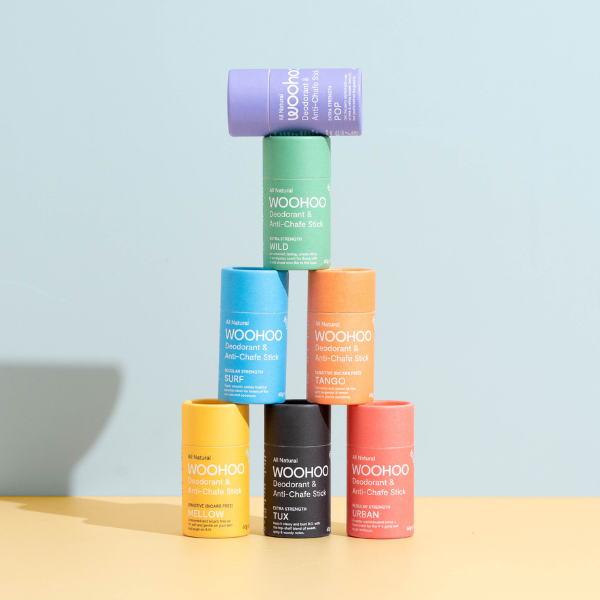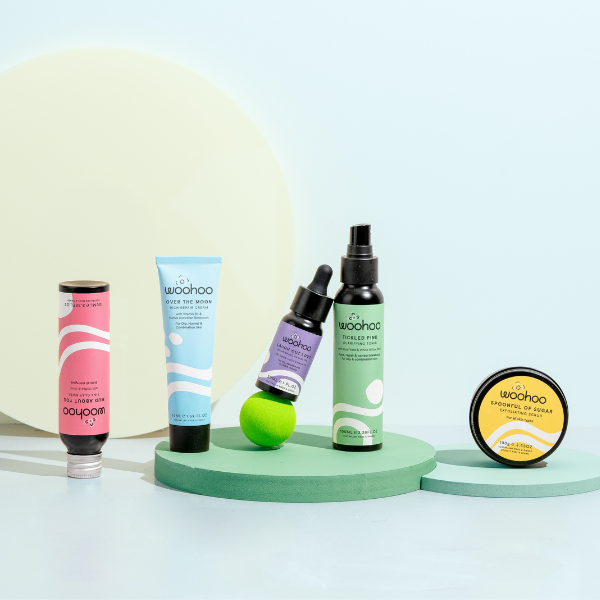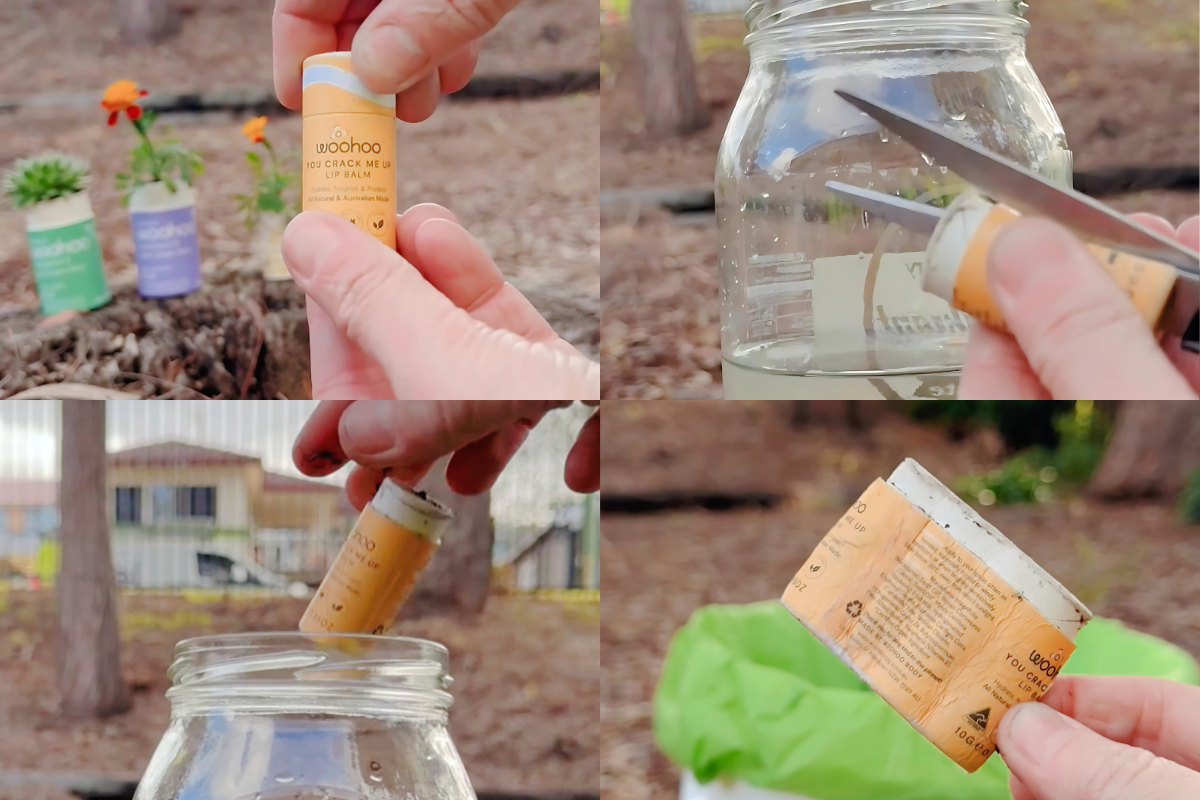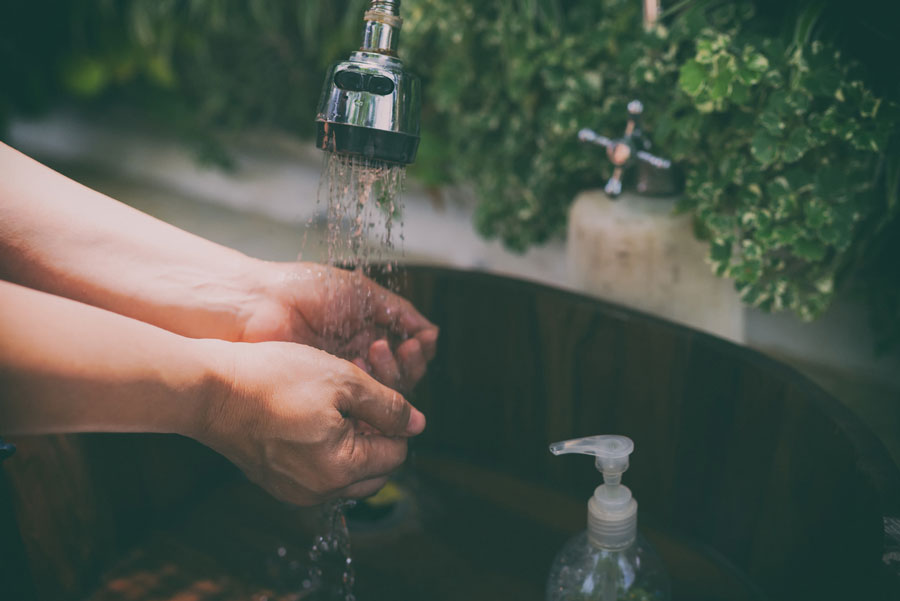
Let’s talk endocrine disruptors.
Heh?
They are synthetic chemicals that - at certain doses - can interfere and mimic your body’s natural hormones (like estrogens, androgens and thyroid hormones).
This can potentially lead to overstimulation of your hormones, which can disrupt your body’s natural systems, leading to negative health outcomes.
Your hormones are a super important part of your body that you probably don’t think about very much. Basically they’re little chemical messengers. And your endocrine system is responsible for sending and receiving these messages. Then it uses these messages to control how your body develops and other reproductive changes.
When your hormones are out of whack and your endocrine system is disrupted that means your body’s development can be changed, and can result in pretty nasty things like cancer, birth defects and other developmental disorders.
Which products contain endocrine disruptors?
So here’s the bad news….
Unfortunately, not all the ingredients used in everyday products like shampoo, body wash, soaps, antiperspirants and moisturisers are free from these little critters.
Endocrine disruptors lurk in a whole heap of products from fragrance and food (thanks to pesky pesticides) to household cleaning products and even possibly the plastic bottle you’re sipping your water from (thinking you’re being healthy).
The list of potentially dangerous endocrine disruptors is looong, but some of the most common are:
Bisphenol A (BPA)- often found in plastic food and drink containers, so look for the “BPA-Free” stickers
Phthalates - found in shampoos and conditioners, hair spray and even artificial fragrance
Parabens - a common preservative in skincare, antiperspirants and cosmetics
Triclosan - can be found in ‘antibacterial’ soaps, body washes and antiperspirants
Resorcinol - used in hair colour and bleaching products
Perfluorinated chemicals (PFOA, PFOS, Teflon) - found in moisturisers, nail polish and eye make-up
How do we avoid endocrine disruptors?
Giving endocrine disrupting chemicals the flick isn’t easy. Simply because they are everywhere!
But you CAN try to reduce the amount you come into contact with.
By researching the products you consume and put on your skin, you can make smarter choices and reduce exposure.
Our tops 5 tips to help ditch endocrine disruptors:
- Clue up on the most common endocrine disruptors. This way you’ll at least know what to avoid.
- Wash your hands…regularly with a natural, toxin free hand wash. This will see a fair amount of nasties wash down the drain.
- Swap your antiperspirant (known to contain a bevy of endocrine disruptors including: phthalates, triclosan, parabens, fragrance and aluminium) for a natural deodorant. Did we mention thatWoohoo All-Natural Deodorant Paste is free from toxins, artificial fragrance, parabens, phthalates and aluminium salts?
- Think twice about using plastics. We love natural wax-coated cloth for wrapping our ‘sangas’ in (you can get these both vegan and non-vegan). When you do use plastics, keep em’ BPA free. You can find a whole heap of options here.
- Eat fresh. Choosing organic, whole foods and veggies that aren’t wrapped in plastic can help reduce your exposure to toxins.
We live in a world where we’re surrounded by toxins, both synthetic and natural. Yes, there are natural endocrine disruptors out there, but that's a post for another day (hint: you'll find them in some essential oils).
Smart choices are the best way to protect yourself and your family.
